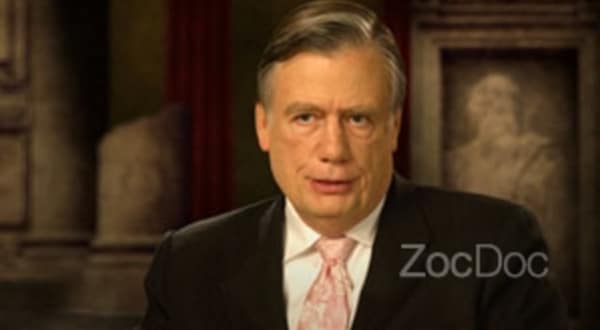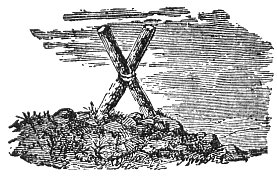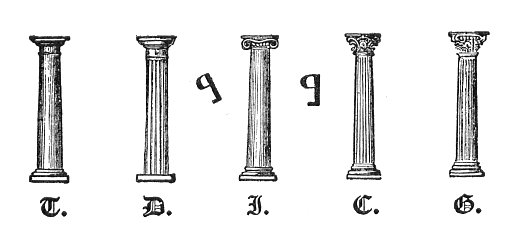To find out this universal law of justice is one thing–to under-take to measure off something with our own little tape-line, and call that God’s law of justice, is another. The great general plan and system, and the great general laws enacted by God, continually produce what to our limited notions is wrong and injustice, which hitherto men have been able to explain to their own satisfaction only by the hypothesis of another existence in which all inequalities and injustices in this life will be remedied and compensated for. To our ideas of justice, it is very unjust that the child is made miserable for life by deformity or organic disease, in consequence of the vices of its father; and yet that is part of the universal law. The ancients said that the child was punished for the sins of its father. We say that this its deformity or disease is the consequence of its father’s vices; but so far as concerns the question of justice or injustice, that is merely the change of a word.
p. 831
It is very easy to lay down a broad, general principle, embodying our own idea of what is absolute justice, and to insist that everything shall conform to that: to say, “all human affairs must be subject to that as the law paramount; what is right agrees therewith and stands, what is wrong conflicts and falls. Private cohesions of self-love, of friendship, or of patriotism, must all be subordinate to this universal gravitation toward the eternal right.” The difficulty is that this Universe of necessities God-created, of sequences of cause and effect, and of life evolved from death, this interminable succession and aggregate of cruelties, will not con-form to any such absolute principle or arbitrary theory, no matter in what sounding words and glittering phrases it may be embodied.
Impracticable rules in morals are always injurious; for as all men fall short of compliance with them, they turn real virtues into imaginary offences against a forged law. Justice as between man and man and as between man and the animals below him, is that which, under and according to the God-created relations existing between them, and the whole aggregate of circumstances surrounding them, is fit and right and proper to be done, with a view to the general as well as to the individual interest. It is not a theoretical principle by which the very relations that God has created and imposed on us are to be tried, and approved or condemned.
God has made this great system of the Universe, and enacted general laws for its government. Those laws environ everything that lives with a mighty network of necessity. He chose to create the tiger with such organs that he cannot crop the grass, but must eat other flesh or starve. He has made man carnivorous also; and some of the smallest birds are as much so as the tiger. In every step we take, in every breath we draw, is involved the destruction of a multitude of animate existences, each, no matter how minute, as much a living creature as ourself. He has made necessary among mankind a division of labor, intellectual and moral. He has made necessary the varied relations of society and dependence, of obedience and control.
What is thus made necessary cannot be unjust; for if it be, then God the great Lawgiver is Himself unjust. The evil to be avoided is, the legalization of injustice and wrong under the false plea of necessity. Out of all the relations of life grow duties,–as
p. 832
naturally grow and as undeniably, as the leaves grow upon the trees. If we have the right, created by God’s law of necessity, to slay the lamb that we may eat and live, we have no right to torture it in doing so, because that is in no wise necessary. We have the right to live, if we fairly can, by the legitimate exercise of our intellect, and hire or buy the labor of the strong arms of others, to till our grounds, to dig in our mines, to toil in our manufactories; but we have no right to overwork or underpay them.

Moe is the founder of GnosticWarrior.com. He is a father, husband, author, martial arts black belt, and an expert in Gnosticism, the occult, and esotericism.







